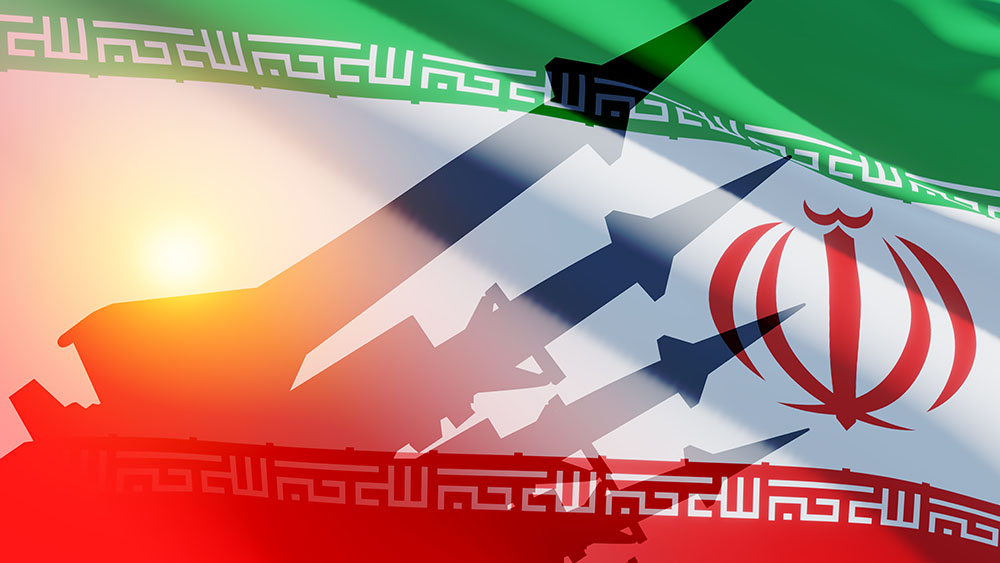
An Iranian lawmaker has publicly claimed the country possesses atomic weapons. Ahmad Bakhshayesh Ardestani, who is a member of the Iranian parliament, made his comments in an interview with the Iranian outlet Rouydad 24.
"In my opinion, we have achieved nuclear weapons, but we do not announce it. It means our policy is to possess nuclear bombs, but our declared policy is currently within the framework of the JCPOA," he said, referring to the Joint Comprehensive Plan of Action, the formal name for the Iranian nuclear deal.
The U.S. formally withdrew from the JCPOA in 2018 under President Trump because his administration was convinced it was not stopping Iran from building atomic weapons. The deal provided the country with considerable relief from economic sanctions in exchange for reassurance it would not build such weapons.
According to Ardestani, Iran needs nuclear weapons because the U.S. and Israel have them.
"The reason is that when countries want to confront others, their capabilities must be compatible, and Iran's compatibility with America and Israel means that Iran must have nuclear weapons," he said.
He added that it makes sense for them to have these weapons, but that does not mean they will be willing to admit it.
"In a climate where Russia has attacked Ukraine and Israel has attacked Gaza, and Iran is a staunch supporter of the Resistance Front, it is natural for the containment system to require that Iran possess nuclear bombs. However, whether Iran declares it is another matter,” he stated.
His comments came shortly after the head of the UN atomic watchdog agency warned that Iran possesses sufficient uranium to produce “several” nuclear bombs.
Iran is believed to have taken its nuclear weapons program underground, keeping its engineers isolated as they work on their top-secret program, and they are also believed to have nuclear warheads. Although they’ve had setbacks in their program, analysts note that Iran has been increasingly interacting with North Korea, who helped Syria build their illicit nuclear reactor that the Israeli military knocked out in 2007.
Iranian officials have repeatedly said they’ll change their nuclear doctrine if they are threatened
Iranian officials have said on several occasions in recent months that Tehran intends to change its nuclear doctrine should Israel threaten its existence. For example, an adviser to Supreme Leader Ayatollah Ali Khamenei, Kamal Kharrazi, said: "We have no decision to build a nuclear bomb but should Iran's existence be threatened, there will be no choice but to change our military doctrine."
Kharrazi has said in the past that Iran does possess the technical capabilities to make a nuclear bomb but had yet to decide whether it would actually build one.
"In the case of an attack on our nuclear facilities by the Zionist regime, our deterrence will change," he said recently, referring to the long-running animosity between Israel and Iran. It escalated into an open confrontation in April, when Iran sent 300 missiles and drones to Israel following a suspected strike by the Jewish State on its embassy in Damascus. This prompted Israel to conduct an attack of its own on Iranian territory.
The IAEA reports that Iran has been enriching uranium to as much as 60 percent purity; weapons-grade uranium is typically enriched to closer to 90 percent. Reuters notes that despite Iran’s denials, no other country has ever enriched uranium to the level it has without going on to produce nuclear weapons. With further enrichment, it is estimated that their current nuclear stockpile could be enough to make two nuclear weapons.
Sources for this article include:
Please contact us for more information.















